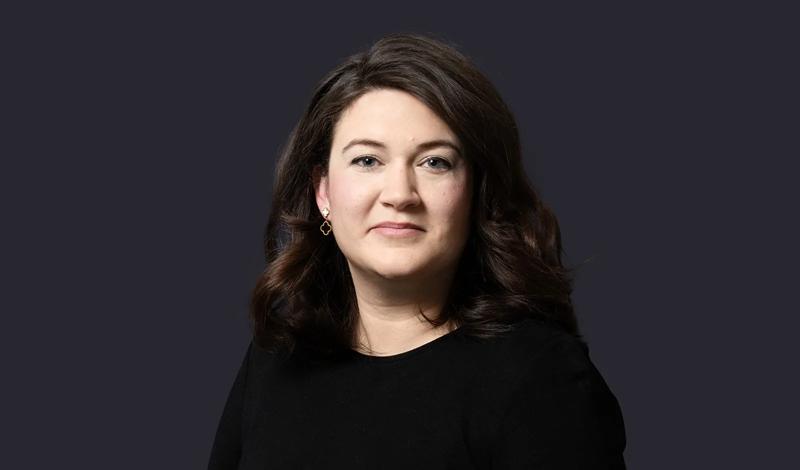Browne Jacobson appointed to prestigious London Universities Purchasing Consortium legal panel
Browne Jacobson has been appointed to the London Universities Purchasing Consortium’s (LUPC) national legal services framework agreement. Browne Jacobson was one of only two firms amongst the 17 firms appointed this year to provide legal support across three specialist areas – commercial services, dispute resolution and human resources.
Browne Jacobson has been appointed to the London Universities Purchasing Consortium’s (LUPC) national legal services framework agreement.
Browne Jacobson was one of only two firms amongst the 17 firms appointed this year to provide legal support across three specialist areas – commercial services, dispute resolution and human resources.
The appointment will run for an initial three year period, with the option to extend for a further 12 months.
The LUPC is a not-for-profit organisation whose purpose is to achieve value for money in the procurement of goods and services for its members which include universities, colleges, research organisations, galleries, libraries, arts and museums in England and Wales.
As part of the appointment Browne Jacobson will also be able to provide legal services to members of:
- North Eastern Universities Purchasing Consortium (NEUPC)
- North Western Universities Purchasing Consortium (NWUPC)
- Southern Universities Purchasing Consortium (SUPC)
- Higher Education Purchasing Consortium Wales (HEPCW)
Bettina Rigg, Head of Higher Education at Browne Jacobson, said:
“We are delighted to have won a place on this prestigious panel for the first time, following a highly competitive tender process.
“The appointment endorses the strength of our legal expertise and knowledge across a number of key practice specialisms.
“It also builds on our portfolio of impressive clients in the higher and further education space and we look forward to working with members over the next three years and supporting them on the unique set of opportunities and challenges they face.”
Browne Jacobson has extensive experience in the education sector, advising a range of providers and suppliers, including universities, colleges, maintained schools, academies and academy trusts.
Contact

Kara Shadbolt
Senior PR & Communication Manager
kara.shadbolt@brownejacobson.com
+44 (0)330 045 1111






































